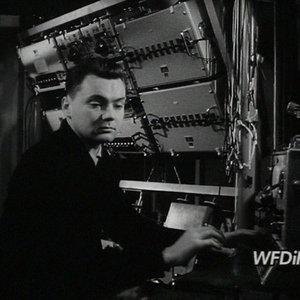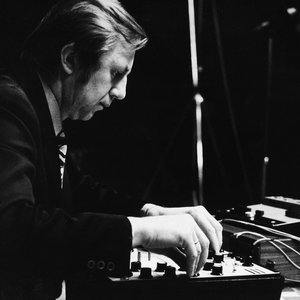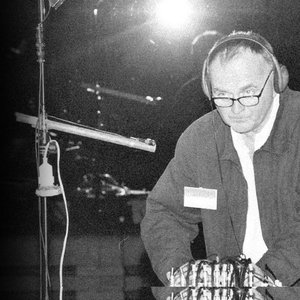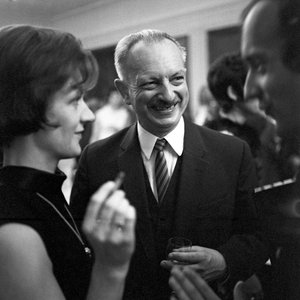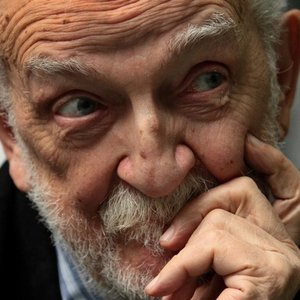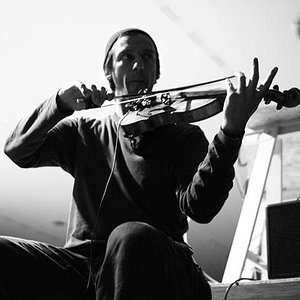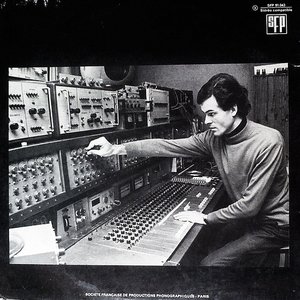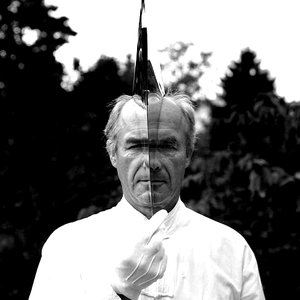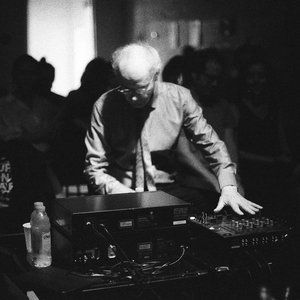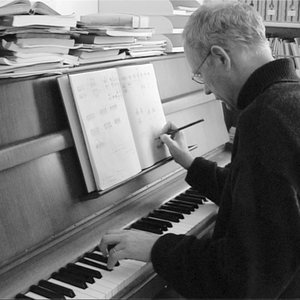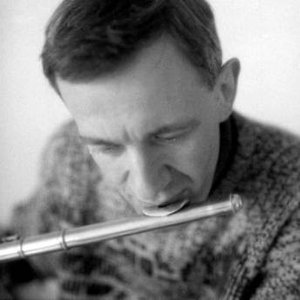Biography
-
Born
28 October 1932
-
Died
24 October 2016 (aged 83)
Eugeniusz Rudnik (28 October 1932 – 24 October 2016) was a modern Polish composer, electronics engineer and sound engineer. Pioneer of electronic and electro-acoustic music in Poland.
Rudnik works can be divided into two categories; autonomous electroacoustic music and works known as "ars acustica". In both the composer uses electronic material, electronic processed concrete material with varying degrees of recognition of the source. The composer often uses collage method, making it a primary means of expression. Music genre "ars acustica" oscillate between the type of radio drama and music programs.
In 1967 he graduated from the Faculty of Electronics on Warsaw University of Technology. Since 1955 he worked for Polish Radio, at first as the manager of plumbers, carpenters and painters. In 1958 he started working in the Experimental Studio of the Polish Radio, fourth such facility in Europe, founded and directed by Józef Patkowski.
Between 1967 and 1968 Rudnik worked in the Studio for Electronic Music of the Westdeutscher Rundfunk in Cologne, when he cooperated with Włodzimierz Kotoński by the implementation of Klangspiele. At the same time Rudnik worked also with Karlheinz Stockhausen and Peter Kotik. In the late 60's and 70 Rudnik co-created some of Norwegian composer Arne Nordheim works, including Colorazione and Solitaire (1969) – which was made especially for the opening ceremony of the contemporary art center Norwegian Sonja Henie Onstad Art Centre Niels and Plus ou moins (1970), created for the Scandinavian pavilion at the World's Exhibition in Osaka – fully dedicated to the issue of degradation and the fundamental need of protection of the environment. Rudnik and Nordheim made together also interactive installation Sculpture sonore (1968) for the blind rehabilitation center in Oslo.
He made dozens of works including: Andrzej Dobrowolski – Music for Magnetic Tape and oboe solo (1965), Krzysztof Penderecki – Psalmus (1961), Ekecheirija (1972) – especially for the opening ceremony of the Olympic Games in Munich, Włodzimierz Kotoński – Aela (1970), Bogusław Schaeffer – Missa elettronica (1975 ). Rudnik collaborated with Franco Evangelisti during his probation years in the Experimental Studio in Warsaw, as well as with dozens of artists from the circle of music and other arts.
Rudnik was one of the first Polish electroacoustic music producers and co-founder of the so-called Polish school of electroacoustic music and author of innovative solutions of spatial sound projection, composer of Skalary (1966). He was also author of the one of the first in the world poliversional tracks to tape, and the first Polish track quadraphonic Vox Humana (1968) carried out in Studio WDR in Cologne. His work has defined and confirmed the role of sound producer as a co-author of the works of electroacoustic music.
As a composer he has created about 95 works, in studios of electronic music in Warsaw, Stockholm, Cologne, Paris, Bourges, Baden-Baden, Brussels and Ghent. They were presented on different radio stations throughout Europe and in many countries in the world, as well as many times at festivals: Warszawska Jesień, Musica Polonica Nova in Wroclaw, World Music Days in Finland, [] Zagreb, Fylkingen in Stockholm, Berliner Festwochen, Festival d'Automne a Paris, [] at the Centre Georges Pompidou in Paris, Phonurgia Nova in Arles and many others. In 2006, Rudnik was a central figure in Warsaw edition of Audio Art Festival. His composition Homo Ludens was presented in 1985 at the prestigious world exhibition of contemporary art Documenta VII in Kassel, where previously attended, among other, Tadeusz Kantor and Magdalena Abakanowicz. Many tracks of Rudnik were also nominated for the awards, including Prix Italia and Karl Szczuka Preis. In 2007, the National Library in Paris included 30 works Rudnik to its own special set of auditory art world.
As a performer of live electronic, Rudnik took part in the team improvisations in France and Poland together with Arne Nordheim, Francoise Bernard Mache, Kåre Kolberg and Bohdan Mazurek. He taught the students of the Music Academy in Warsaw and the Melchior Wańkowicz Warsaw School of Journalism, he was a lecturer at seminars of reportage, acceptant and juror of movies and journalism competitions.
Artist descriptions on Last.fm are editable by everyone. Feel free to contribute!
All user-contributed text on this page is available under the Creative Commons Attribution-ShareAlike License; additional terms may apply.

